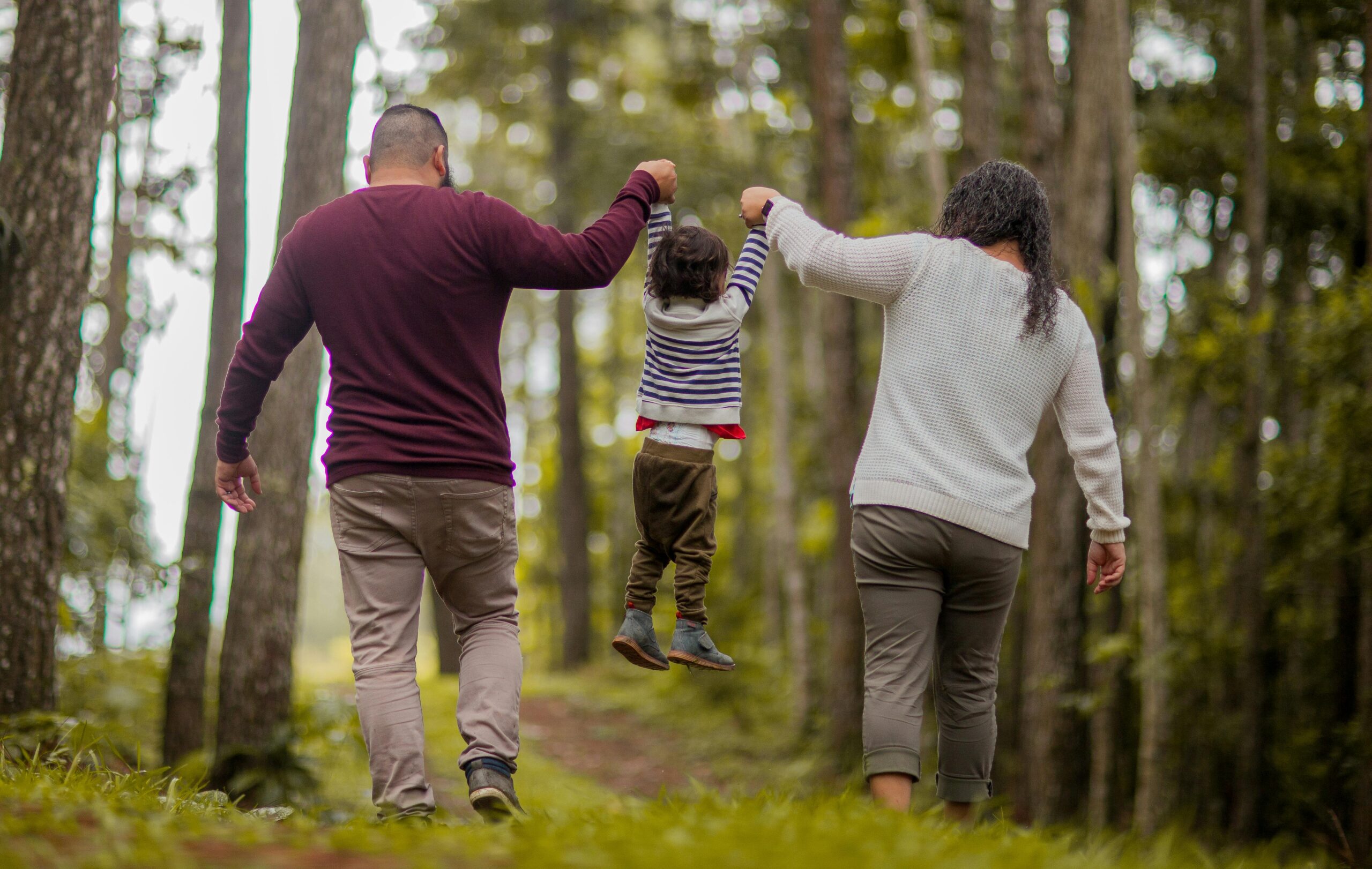Helping Someone with Gambling Addiction
Watching someone you love slip deeper into gambling addiction can feel like standing on the edge of a storm you can’t stop. The financial fallout, the secrecy, the unpredictable moods—it wears on your patience and your heart. Many people in your position wonder the same thing: how do you help without enabling, and how do you protect yourself while still showing compassion?
Helping someone with gambling addiction isn’t about fixing them. It’s about knowing how to stand beside them in a way that is supportive, respectful, and safe—for them and for you. That requires compassion, clear boundaries, and an understanding of what addiction really is.
Understand What You’re Dealing With
Gambling addiction isn’t just “bad choices.” It’s a recognized behavioral health condition that alters the brain’s reward system in much the same way as drugs or alcohol. That’s why shame, arguments, or logic rarely change the behavior. Recovery requires more than willpower.
Common signs your loved one may be struggling with gambling addiction include:
- Spending excessive time thinking about gambling
- Lying or hiding their gambling activity
- Chasing losses by betting more money
- Borrowing or draining savings to gamble
- Neglecting responsibilities at work or home
- Becoming irritable or restless when not gambling
Ways You Can Support Without Enabling
Start with a Calm Conversation
Avoid accusations or ultimatums. Use “I” statements to share your concerns without judgment. For example: “I’ve noticed you seem stressed lately, and I’m worried about how gambling may be affecting you.”
Set Clear Boundaries
Supporting doesn’t mean rescuing. Be upfront about what you will and won’t do—especially around money or covering debts. Boundaries protect you and create space for accountability.
Encourage Professional Help
You can suggest counseling, support groups, or recovery apps, but let them take the lead. You might point them to resources such as our support for gambling addiction guide or information on treatment options.
Learn About the Addiction
Understanding how gambling impacts the brain helps you respond with empathy instead of frustration. Reading about how to track recovery progress can deepen your insight.
Take Care of Yourself
Caring for someone in active addiction is emotionally heavy. Consider joining a family support group, seeking counseling, or leaning on healthy outlets for stress relief. Your well-being matters, too.
Listen Without Fixing
When your loved one opens up, listen. Sometimes, being heard without interruption or judgment is the first step toward change.
Avoid Enabling Behaviors
It may feel natural to cover their debts, make excuses, or hide their gambling from others. But protecting them from consequences often delays their willingness to seek help.
Celebrate Small Wins
Recovery is built on progress, not perfection. Recognize even small steps forward—like attending one meeting or resisting an urge. These moments matter.
Model Healthy Coping Skills
Show that there are healthier ways to handle stress—exercise, hobbies, mindfulness. Sometimes your example speaks louder than words.
Know When to Step Back
If their behavior becomes abusive or unsafe, prioritize your own safety. You can care deeply while still protecting yourself.
Finding Balance in Support
Helping someone with gambling addiction doesn’t mean sacrificing your own well-being. You can support them without becoming a safety net for their destructive behavior. While you can’t force recovery, you can create an environment where healing feels possible. And in that process, you preserve your own strength, too.
Related Articles
- Support for Gambling Addiction
- In-Person Rehab vs. Online Counseling
- Track Gambling Addiction Recovery
- Designing a Gambling Recovery Plan
- Gambling Relapse Support
Frequently Asked Questions
Can I help someone stop gambling if they don’t want to?
No. You can support them and encourage treatment, but recovery ultimately depends on their willingness to change.
What should I avoid when helping someone with gambling addiction?
Avoid enabling behaviors like giving money, paying off debts, or hiding the problem. These actions may make recovery less likely.
Is professional treatment necessary?
While some people reduce gambling on their own, professional treatment and peer support greatly increase the chances of long-term recovery.
How can I protect my own mental health?
Set boundaries, seek support for yourself, and don’t neglect your own self-care. Your health matters, too.





